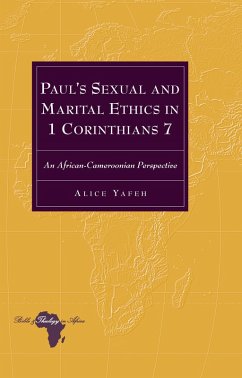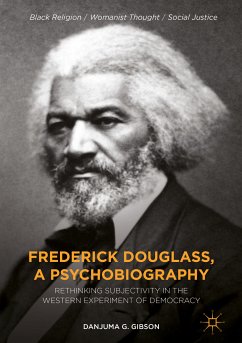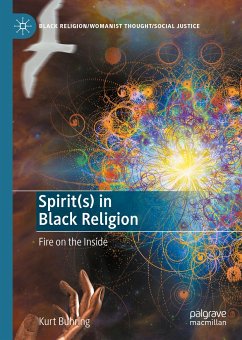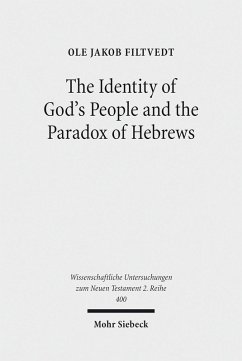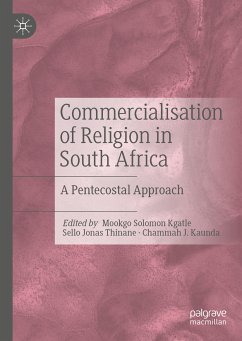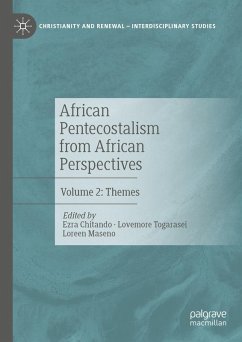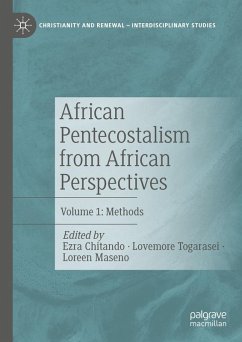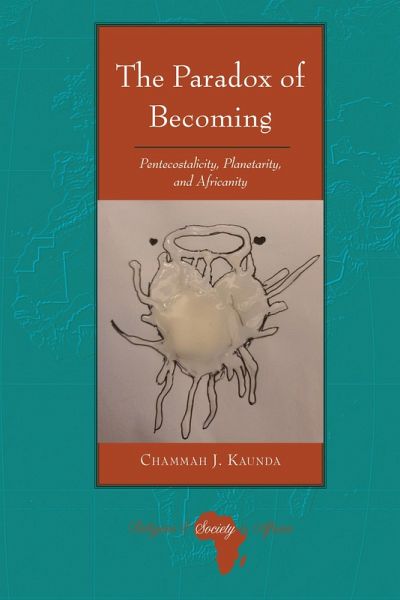
Paradox of Becoming (eBook, PDF)
Versandkostenfrei!
Sofort per Download lieferbar
Statt: 89,95 €**
66,95 €
inkl. MwSt.
**Preis der gedruckten Ausgabe (Gebundenes Buch)
Alle Infos zum eBook verschenkenWeitere Ausgaben:

PAYBACK Punkte
33 °P sammeln!
The book is a significant new analysis of African Pentecostal theology of humanity. In particular, it offers a new, more comprehensive interpretation of African Pentecostal theology of humanity 'in Christ', which author Chammah J. Kaunda views in terms of becoming, transcending and flourishing. The book takes an interdisciplinary approach, fostering dialogue with African studies and Pentecostal studies, but also with a broad spectrum of disciplines and approaches: post-colonial studies, theology, religious studies, cultural anthropology, and philosophy. The aim is to construct a new conceptual...
The book is a significant new analysis of African Pentecostal theology of humanity. In particular, it offers a new, more comprehensive interpretation of African Pentecostal theology of humanity 'in Christ', which author Chammah J. Kaunda views in terms of becoming, transcending and flourishing. The book takes an interdisciplinary approach, fostering dialogue with African studies and Pentecostal studies, but also with a broad spectrum of disciplines and approaches: post-colonial studies, theology, religious studies, cultural anthropology, and philosophy. The aim is to construct a new conceptual metaphor, the poetics of mysticality, materiality and plasticity. In the Bemba (Zambian) notion of Muntu, the author identifies not only a metaphor but also a local African resource for excavating and understanding the deeper roots of African Pentecostal theology of humanism.
Anyone interested in African Pentecostalism, World Christianity, Christian spirituality, African theology, and the sociology of religion will find in this book a wide range of interesting and fresh perspectives.
Anyone interested in African Pentecostalism, World Christianity, Christian spirituality, African theology, and the sociology of religion will find in this book a wide range of interesting and fresh perspectives.
Dieser Download kann aus rechtlichen Gründen nur mit Rechnungsadresse in A, B, BG, CY, CZ, D, DK, EW, E, FIN, F, GR, HR, H, IRL, I, LT, L, LR, M, NL, PL, P, R, S, SLO, SK ausgeliefert werden.






